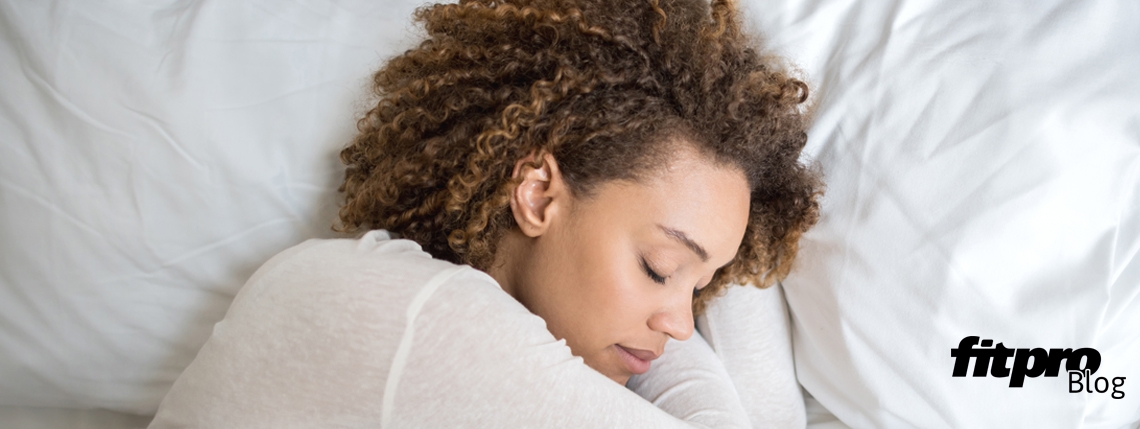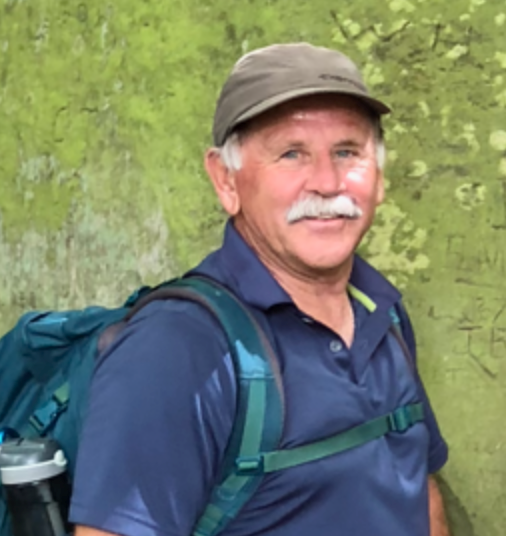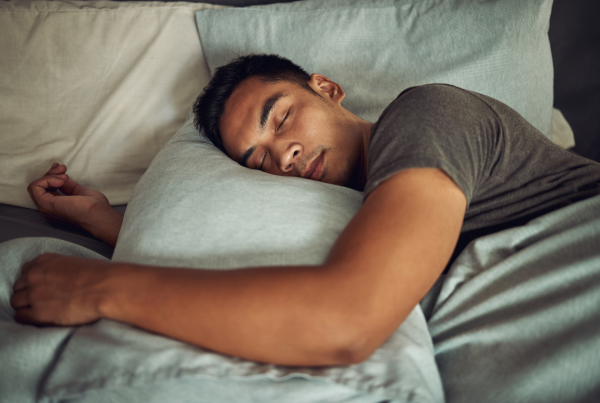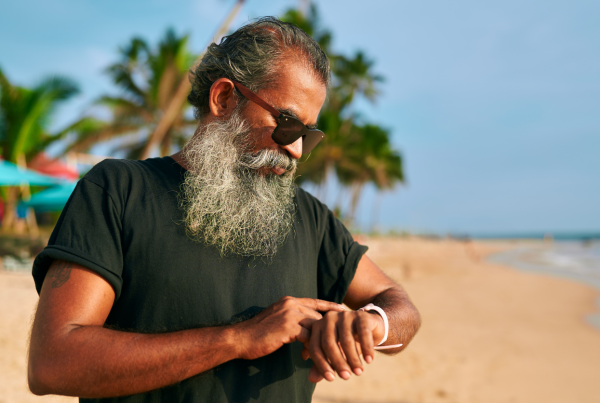Dr Paul Batman investigates further.
Recent reports indicate that we spend, on average, 7.5 hours in bed each night, but only sleep for approximately 6 hours. In 1970, the average number of sleeping hours was 8.5, while at the turn of the 19th century, the average number of hours was 10-12 per night.
Apparently, our parents and grandparents went to bed earlier and got more sleep than we are getting at the moment. What could be the reason for this difference?
The answer lies in the changes in our lifestyle over the past 100 years. We now have all things electronic to keep us awake and entertained, as well as electric lights that we can turn on and off at our leisure, increasing the amount of light that we have available to do things. The lack of sleep for many people has led to insomnia; encouraging significant sleep deprivation. If you are reading this and it is after 10:30pm, put it down, go to bed, and read it in the morning. Combine this lack of sleep with a more stressful life, alcohol, poor diet, lack of exercise, increased sedentary time, anxiety and depression, and it makes for a toxic environment.
Dropping off to sleep is a gradual process that begins with several stages of light sleep before the brain becomes less aware of the outside stimuli, leading to a much deeper sleep where we are totally unaware of what is going on around us. We evolved to follow this pattern so that our ancestors would not immediately go into deep sleep as a means of surviving in a hostile environment. When it was safe, they then went into this deeper sleep pattern. Another difference between our ancestors and us was that people rarely slept in isolation. It was not uncommon for people to sleep with their children and other family members.
Typical days for our ancestors was to get up between 6:30-7:00am, have a little nap around midday, and then go to bed around 8:30-9:00pm, and it was not unusual to have a couple of naps during the day. Our relatives also slept in a noisy environment that included crackling fires, animal sounds, and other family members’ noises. It is important to experience some stimuli to ensure a good night’s sleep to avoid insomnia.
A good night’s sleep is important for our health and well-being. If we do suffer from insomnia or go a night without adequate sleep, our body’s hormonal system can be seriously affected. When we go to sleep, our body releases bursts of growth hormone that assists with recovery, helps with immune function and repairs cells. If we are unable to sleep, the hormone cortisol is released in greater quantities, which takes us into a ‘flight and fight’ stage where blood sugar levels increase and ready us for action. This response is what we want in the morning to help us get up, not in the middle of the night. If this pattern of increased cortisol becomes regular, it can contribute to an increased risk of type 2 diabetes, depressed immune function, and possibly obesity.
When we have a normal sleep pattern, the leptin hormone rises and the ghrelin hormone falls. This pattern suppresses the appetite to avoid getting hungry during the night. Sleep-deprived people tend to crave more food, especially carbohydrates.
The good news is that lack of sleep rarely kills us, but it prevents our brain from performing its many functions with clarity and can lead to insomnia, which has far-reaching effects. In the developed world, some 10% of the population suffer from lack of sleep.
So, as important as increased movement is, there is also a place in our day where we should maximise the opportunity to rest and recover.








